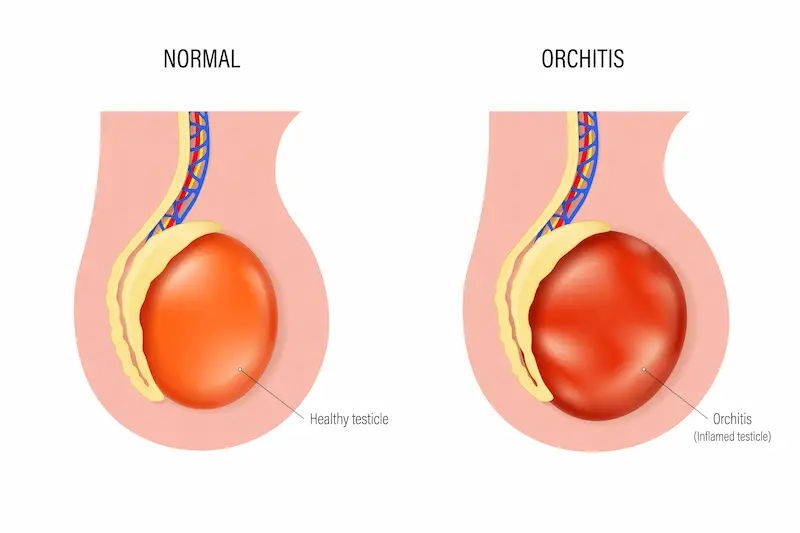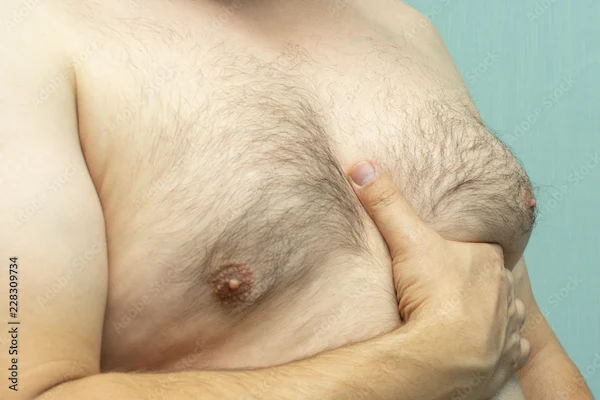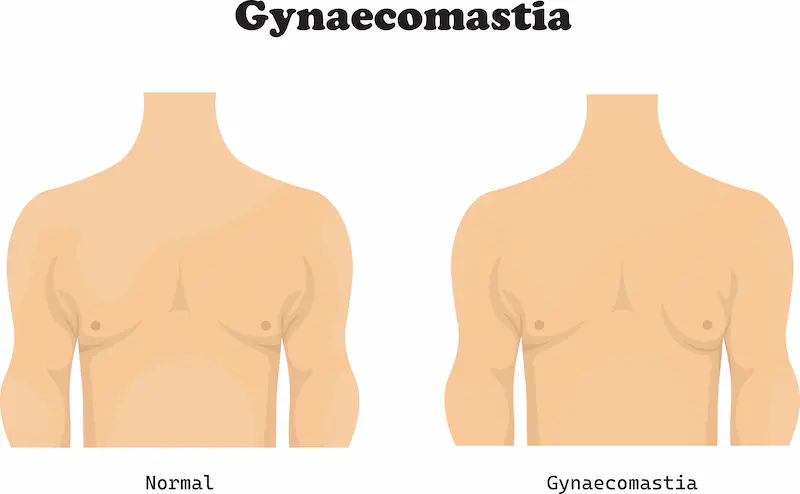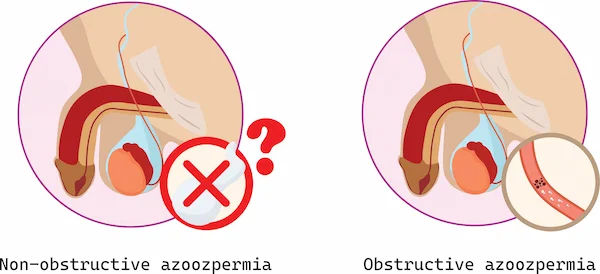- Male
- 28 Years
- 22/01/2025
I'm taking Clonil 25 mg and Nano Leo sachets for premature ejaculation and erectile dysfunction. Is this a good combo or should I be worried? What do you think?
Answered by 1 Apollo Doctors
Clonil (25 mg) and Nano Leo are sometimes used to manage premature ejaculation and erectile dysfunction, as they may help with mood and nerve function. However, it's important to consult with your doctor to ensure the treatment is appropriate for your specific condition and to address any potential side effects or interactions with other medications.
Dr. Ibrahim Suggests...
Consult a Urologist
Answered 04/07/2025
0
0

More Urology Health Queries
View allI recently had a urine culture test, and it came back showing a Staphylococcus aureus infection. Could you give me some advice on what steps I should take next? I'm feeling a bit concerned and would appreciate any guidance you can offer.
Tab norfloxacin BD for 3 days ,take plenty of fluids ,
Answered by 1 Apollo Doctors
Is masturbating bad for my health if my foreskin hurts when I do it? It always hurts and I'm worried it might be a bad sign since the pain doesn't go away unless I get surgery or something
in person dr consultation requred to check physical examination.
Answered by 1 Apollo Doctors
What is the best medicine for overactive bladder?
Anticholinergics
Answered by 1 Apollo Doctors
Disclaimer: Answers on Apollo 247 are not intended to replace your doctor advice. Always seek help of a professional doctor in case of an medical emergency or ailment.



.webp)
